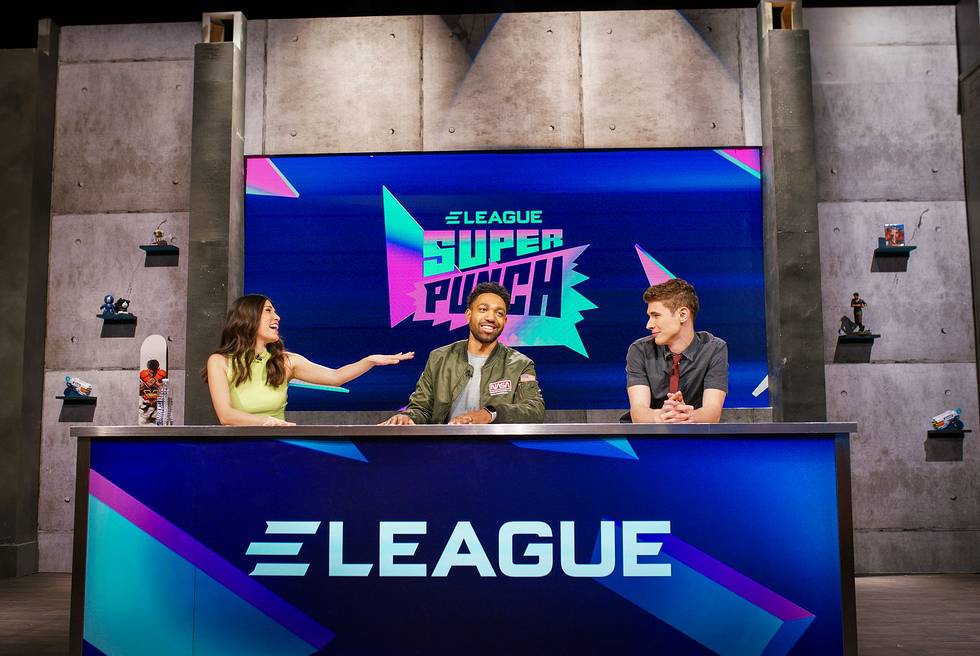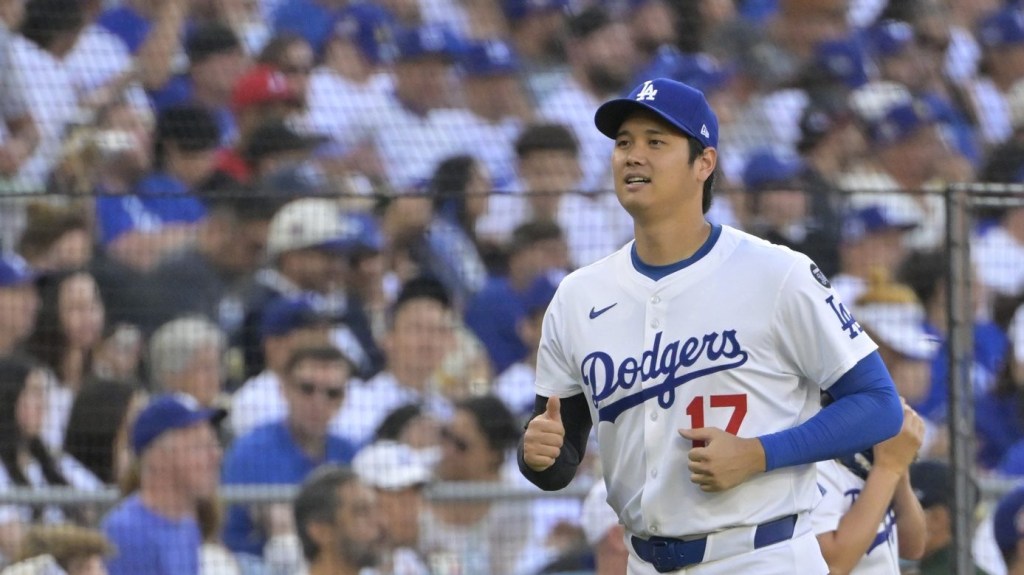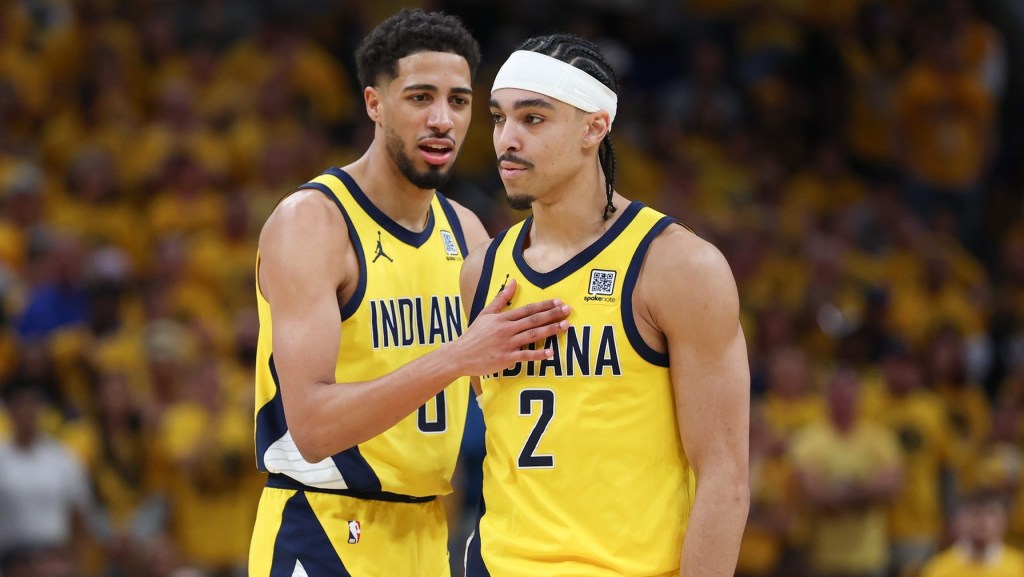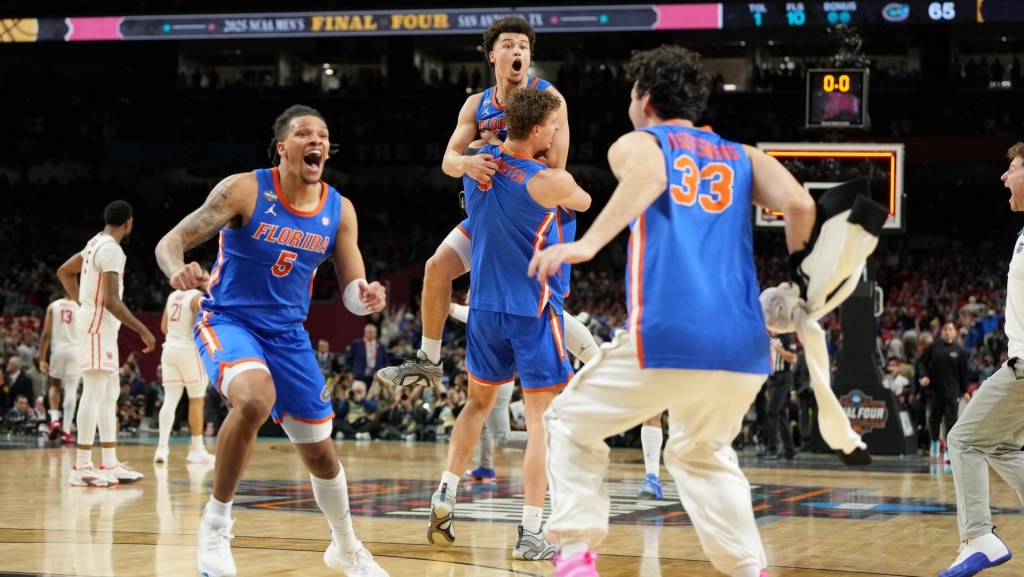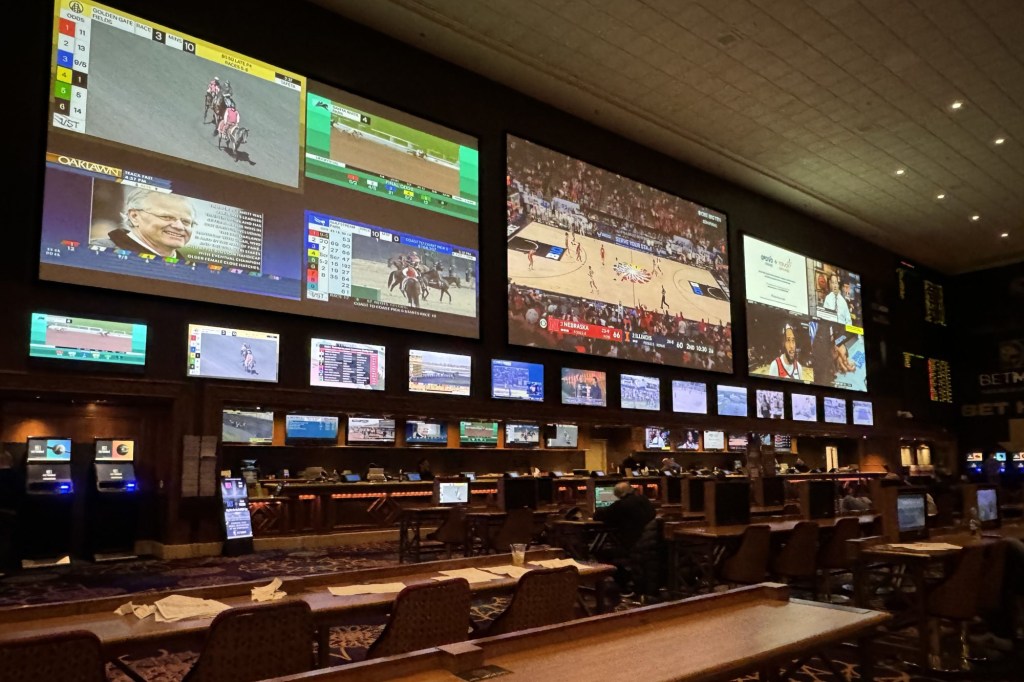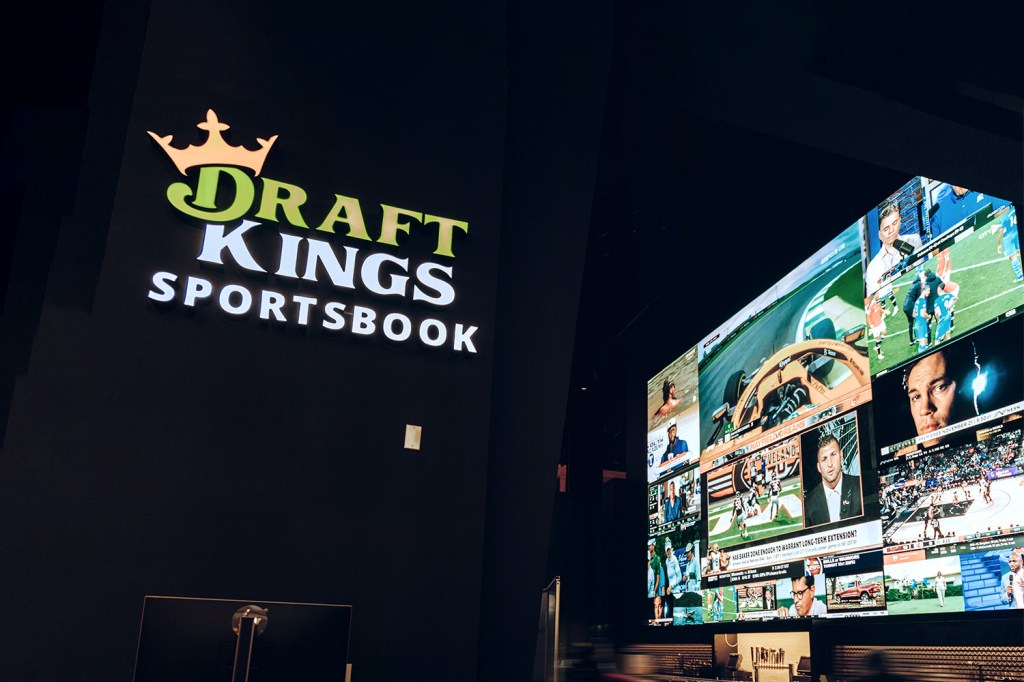Esports is evolving into an industry with a wide range of companies invested in growing international audiences and revenue.
Publishers and third-party stakeholders are increasingly betting on the sector’s potential and finding different entry points into the business by launching competitive leagues, owning teams, and organizing global esports tournaments.
But in media circles, content continues to be king. Media executives are working to attract more market share by appealing to a much larger casual gaming culture and offering programming beyond live competitive events – commonly streamed on YouTube and Twitch – to grow sponsorship dollars.
This strategy helps define how companies such as Turner Sports, Overtime and Cheddar, among others, are looking to maximize revenue from an industry now valued at more than $1 billion, according to analytics firms Green Man Gaming and NewZoo.
“There is a big audience in esports, but it’s a niche one,” Craig Barry, chief content officer at Turner Sports, said. “The question is, how large can it actually grow? By leaning into gaming culture, you can create storylines around individual [tournament and league] streams and popular streamers.”
Turner Sports’ ELEAGUE launched a nightly studio show “Super Punch,” in partnership with Twitch earlier this month. The program serves as a destination for gamers and esports fans to consume content around their favorite league. A weekly broadcast show on TBS will also debut on February 21.
With each esports title having a distinct cult following, an additional goal of this new initiative is to create more crossover fandom between games, Barry said.
“If you’re a mobile gaming fan, you may not be into first-person shooters or battle royale,” he said. “It’s a finite audience for esports. Even more for individual titles. But a larger, existing fan base for content is not disputable.”
Not all efforts to capture market share have been successful, according to Rod Breslau, esports consultant and former senior esports writer at ESPN. Companies need to serve the game’s natural audience first before going after casual fans, and competition is making that challenge ever more difficult.
“We have lots of people trying to do the same thing,” Breslau said. “Video games are a multi-billion dollar industry, and esports is maturing to become that. The increased competition means not enough people will succeed in the way that they want to.”
A focus on gaming content is a pivot in strategy for ELEAGUE, which launched in 2016 through a Counter-Strike: Global Offensive proprietary league. ELEAGUE now owns broadcast rights for FIFA, Street Fighter, and Rocket League. Major tournaments are first streamed on Twitch before all-access shows air on Turner Sports’ linear networks.
READ MORE: Turner Doubles Down On FIFA Esports Partnership To Include TV Content
For Twitch, Super Punch is a continuation of an ongoing strategy to offer consumers additional forms of content. The company’s Just Chatting channel, for example, offers streamers the opportunity to connect with followers on subjects outside of video games and currently has 5.4 million subscribers.
“Live streaming games have always been core to Twitch, but over the past several years, we’ve seen continued growth in non-gaming content as well,” Mike Aragon, senior vice president of content at Twitch, said.
Twitch’s three-pronged approach for growth – built on non-gaming content, video game streams, and live event broadcasts – has kept the Amazon-owned company at the top of preferred streaming platforms for gamers. Yet it continues to feel the pressure from market rivals like YouTube, which recently inked an agreement to stream Activation Blizzard’s Overwatch and Call of Duty leagues.
“Competition makes us better,” Aragon said. “It forces us to invest further to deliver the best consumer experience, which raises the bottom line for streamers, viewers, and other content providers.”
Overtime has made several moves itself in a bid to grow its presence in esports. The digital media site debuted its in-house Fortnite team in 2018, and acquired competitive team Evade in February to bolster in-tournament performance.
Just as important is a mandate to create storylines around Overtime Fortnite players through streaming – similar to those of high school football and basketball stars featured on its platform, CEO Dan Porter said. This will lead to revenue opportunities from sponsorship and merchandise sales.
“I think there has traditionally been a gap between an athlete’s personal social media and the professional league or platform where they play,” he said. “Once you open up that box of getting access to players’ lives, no one ever wants to go back the other way.”
READ MORE: Overtime Expanding Esports Strategy From Team Ownership to Content
Overtime says it will produce stories around gamers on the professional circuit as well as up-and-coming streamers that are less known. This will also fuel Overtime’s recruitment philosophy for its Fortnite team to help establish individual influencer brands.
“We will create content for every fan, from the casual to hardcore gamer,” said Porter. “Publishers, of course, do these amazing major tournaments, but I think about how Overtime started – just someone creating a highlight with their phone in a gym. There are people that love gaming that don’t get the chance to show up and see people play.”
